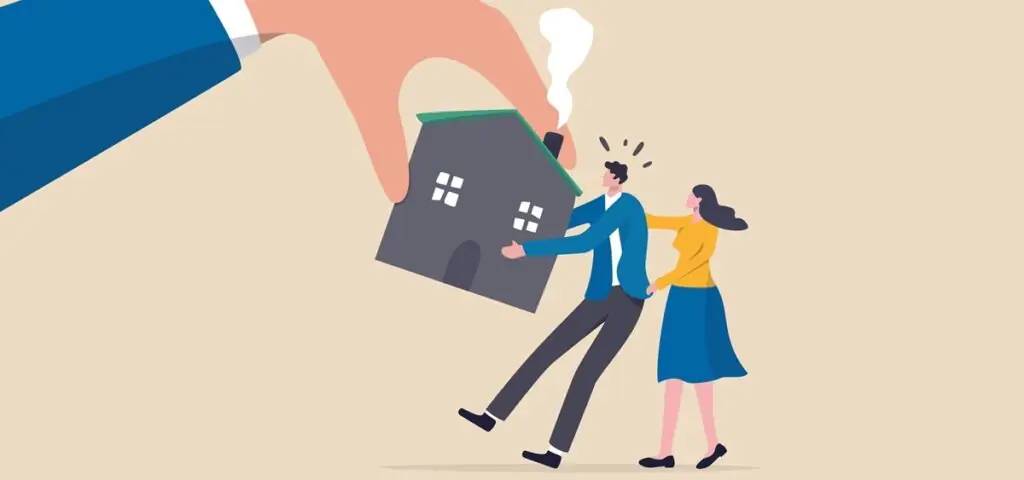Every year, there are landlords who send their tenants a notice of repossession to take back their rental unit to live there or house family members. The Civil Code of Québec recognizes this right of repossession. Generally, landlords must send the notice before December 31st for a repossession planned for July 1st of the following year. This deadline is fast approaching, so here are five situations in which your landlord is not allowed to take back your home to house someone else.

|
Important: The rules for repossession are different from those for eviction, even if both can result in tenants being forced to leave their home. For more information, read our article on eviction. |
When your landlord is a company
Only a person can repossess rental housing. If a company owns your building, repossession is not allowed.
In other words, only landlords who are real, physical people can take back a rental unit.
A similar unit is available
Your landlord cannot repossess your home without your consent if they own another similar rental unit that is vacant, or will be vacant, on the planned repossession date. Rental units are considered similar when:
- the rent is about the same,
- they are similar in size (square feet and number of rooms), and
- they are located close to each other.
For example, does your landlord want to take back your 4 ½ for their daughter even though another 4 ½ unit is available in the same building? In that case, the daughter will have to move into the other unit, unless you agree to move.
You’re a low-income senior
You can refuse the repossession of your home if you or your partner meet all three of the following conditions:
- you are 65 years old or older,
- you have lived in the rental unit for 10 years or more,
- you have an annual income no higher than 125% of the maximum income that qualifies you for low-rent housing (HLM).
But there are exceptions, for example, if your landlord is 65 years old or older as well and wants to move into your rental unit.
|
Wondering if you qualify for low-rent housing? Read our article on the topic, or visit the website of the Quebec housing corporation, called the Société d’habitation du Québec. This government agency publishes the yearly maximum income for low-rent housing (French only). |
The landlord didn’t send the notice on time
Your landlord must respect the following deadlines when sending a notice of repossession:
- Lease of more than six months: The notice must be sent six months before the end of the lease at the latest.
- Lease of six months or less: The notice must be sent one month before the end of the lease at the latest.
- Lease with no set length (also known as a lease with an indeterminate term): The notice must be sent six months before the date the landlord wants to repossess the apartment at the latest.
The notice must include the reason for the repossession, the date the landlord wants you to leave, the name of the person who will take over your rental unit and their relationship to the landlord.
When the building has multiple owners
When more than one person owns a property, and the property is not divided into condos (divided co-ownership), the co-owners cannot repossess a rental unit unless they are married, in a civil union, a de facto union (common-law relationship), or a parental union. For example, if two friends buy a building together, neither of them can repossess rental units in the building to live in themselves.
|
Did you know? Landlords don’t have to compensate tenants when they repossess a rental unit. But a landlord can choose to offer compensation. And if the repossession is challenged before the housing court of Quebec, called the Tribunal administratif du logement (TAL), the housing court can order a landlord to pay for things like moving expenses. |





